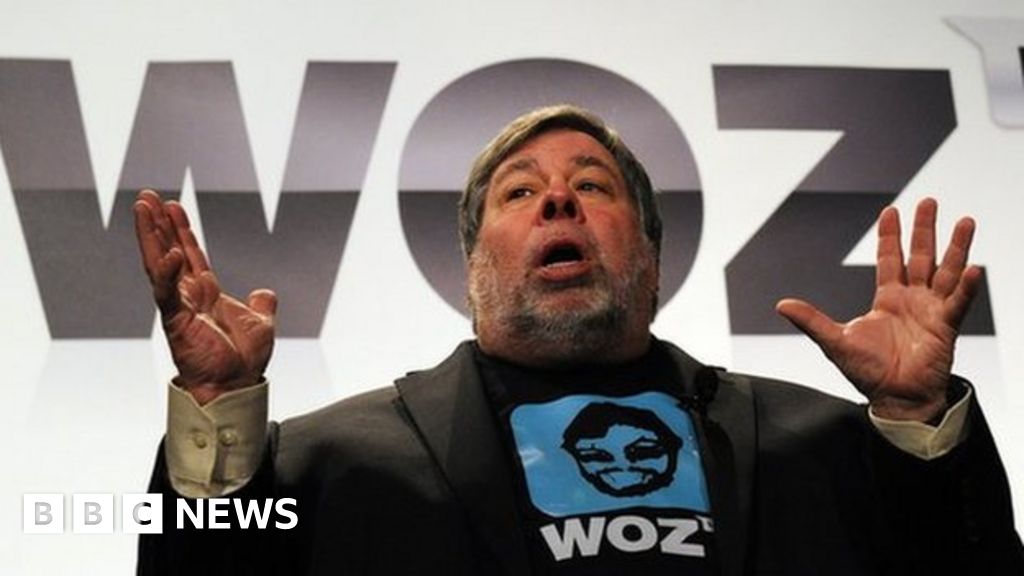

In many ways, his film makes all other Jobs movies unnecessary.īut Sorkin and Fassbender have given us a Jobs of human dimensions, a Jobs we can sink our teeth into, a Jobs we can understand. If you want to check off the iPod, iPhone, iPad, etc., off your “Jobs’ Greatest Hits” list, get a sense of the salesman/tyrant, the ruthless zen master vegetarian too cruel to practice what he preached, to get other people’s definitive take on what made him tick, see the great documentarian Alex Gibney’s superior “Steve Jobs: The Man in the Machine.” It strips away the myth and icon and reveals Jobs for the hustler-huckster he was, just a smooth, smiling turtleneck, trying to sell us something. But if you want another trek through the decline and fall of Jobs, an account of his death from cancer, or even in-depth looks at the garage where he and Wozniak invented the future, other movies cover that. Sorkin slips in the Bob Dylan fixation, the push for “human” sized and shaped products. To a one, they try to humanize this boss/father/partner and prove you can make great things and not be a bad guy. His chill melts, only briefly, in the presence of his beguiling, curious little girl, Lisa, played by three actresses.Īnd Jeff Daniels brings wonderful, fatherly gravitas to John Sculley, the Pepsi CEO Jobs convinced to run Apple, whom Jobs blamed for his ouster, but who finds Jobs something of a case study in the “abandoned” adopted boy who so wants to be beloved that he wants every product with his imprint on it to be friendly, personable and perfect. Jobs’ cruel, control-freak side cuts to the marrow in these scenes, sparring with his impoverished, manipulative baby-mama, Chrisann (Katherine Waterston, superb). Winslet’s Hoffman is the one who keeps pushing the daughter he long-refused to recognize as his own onto him, at every one of these events. Do it because “It’s the right thing to do.” Rogen’s Wozniak - or should I say Sorkin’s - is less the cuddly music nut who started The Us Festival, not “Dancing with the Stars” Steve, but a persistent, assertive, nagging idealist in his own right, pushing for recognition of his less flashy Apple II team, which made the company great and kept it going in between disasters. The market failure of Macintosh and Jobs’ ouster from Apple is skimmed over in a montage.Īnd then we’re there, again behind the curtain, for the introduction of the iMac, Jobs’ triumphant return to Apple and to the top.Īt each event, Sorkin serves up Jobs’ key relationships - “The Woz,” his engineer-pal and conscience, a man he condescendingly calls “Rainman” behind his back. Then, we’re backstage for the introduction of his serenely perfect “cube,” the NeXt computer.
#Steve jobs 2015 languages full
We’re backstage for the epic Macintosh launch, where Jobs’ “reality distortion field” made the impossible happen, where his cunning manipulation of his “visionary” image in the press came to full flower. Sorkin puts Jobs on the couch, rewrites our images of his various key collaborators - Steve Wozniak (Seth Rogen) among them - and boils his life down to three key moments. Within moments, we’ve forgotten that star Michael Fassbender looks nothing like the real Jobs. Joanna: “Do you want to try being reasonable, see what it FEELS like?”

Even Jobs’ long-suffering marketing director/conscience, Joanna Hoffman (Kate Winslet) can’t change his mind.
#Steve jobs 2015 languages mac
Jobs tears into engineer Andy Hertzfeld (Michael Stuhlbarg) because the first Mac can’t say “Hello.” There’s a glitch and the mere minutes before the curtain rises aren’t time to make it work.
#Steve jobs 2015 languages tv
It begins with a bravura opening 15 minutes, a carefully modulated tirade in the middle of a mass panic attack - Apple launching The Macintosh just days after its “1984” commercial revolutionized TV advertising. Oscar winner Danny Boyle directed “Jobs.” But it is Sorkin’s movie, as surely as “The Social Network” was his picture, or “A Few Good Men.” It wears the imprint of TV’s “West Wing,” the hallmarks of a genius dramatist conjuring up vivid characters, limiting the settings, stripping down the number of scenes to get at the essence of story.Īnd filling the air with words - pithy, pointed and revealing words. With “Steve Jobs,” his effortlessly brilliant portrait of the late Apple visionary, Aaron Sorkin once again upends the equation that points to the director as the most important creative force in a movie.


 0 kommentar(er)
0 kommentar(er)
